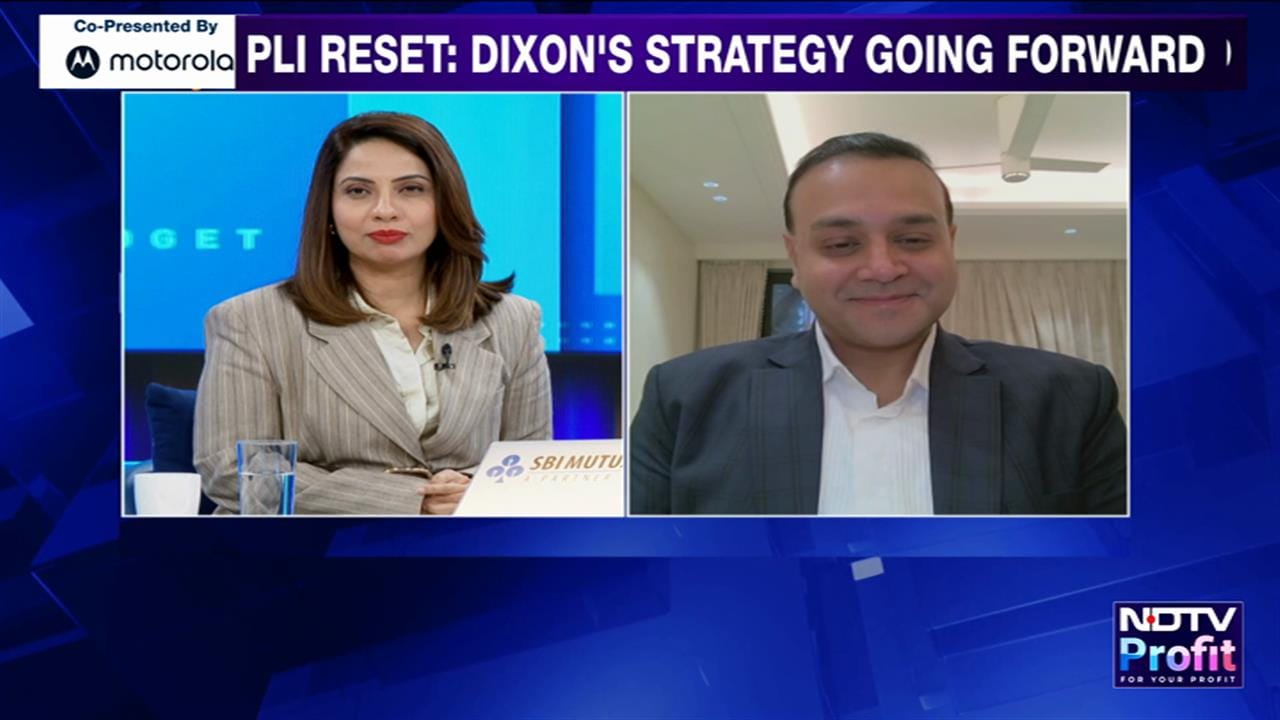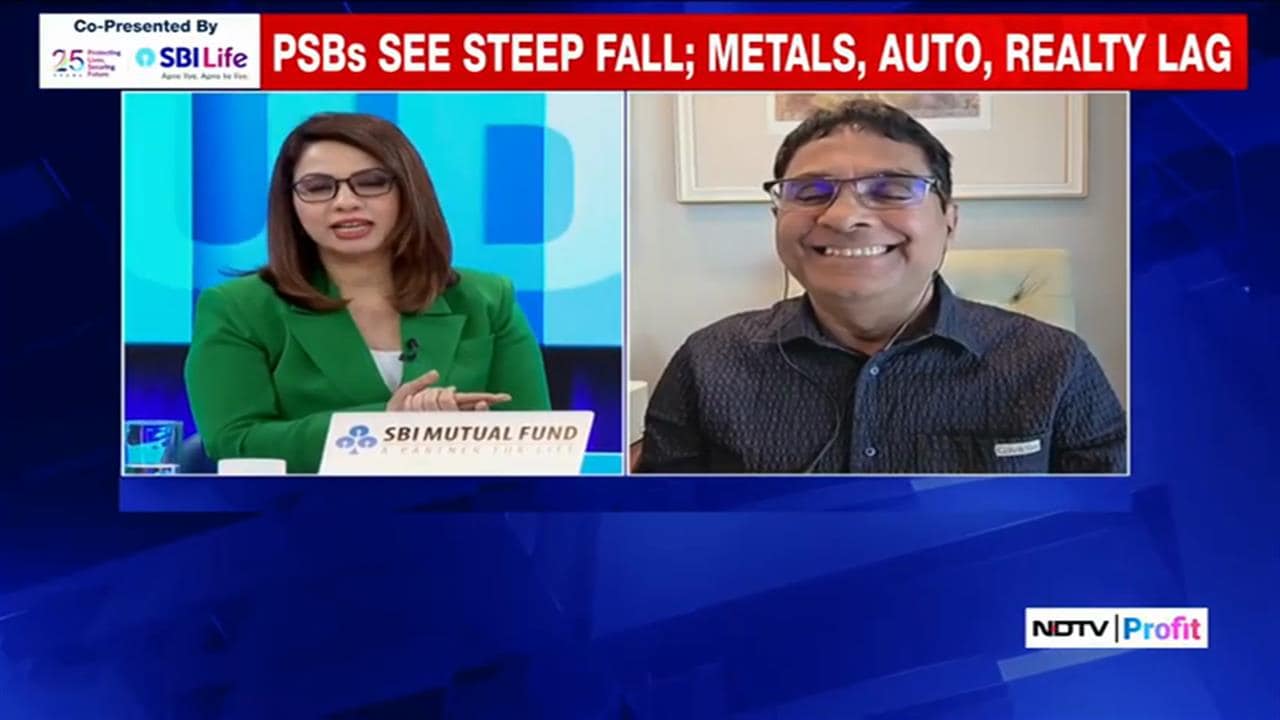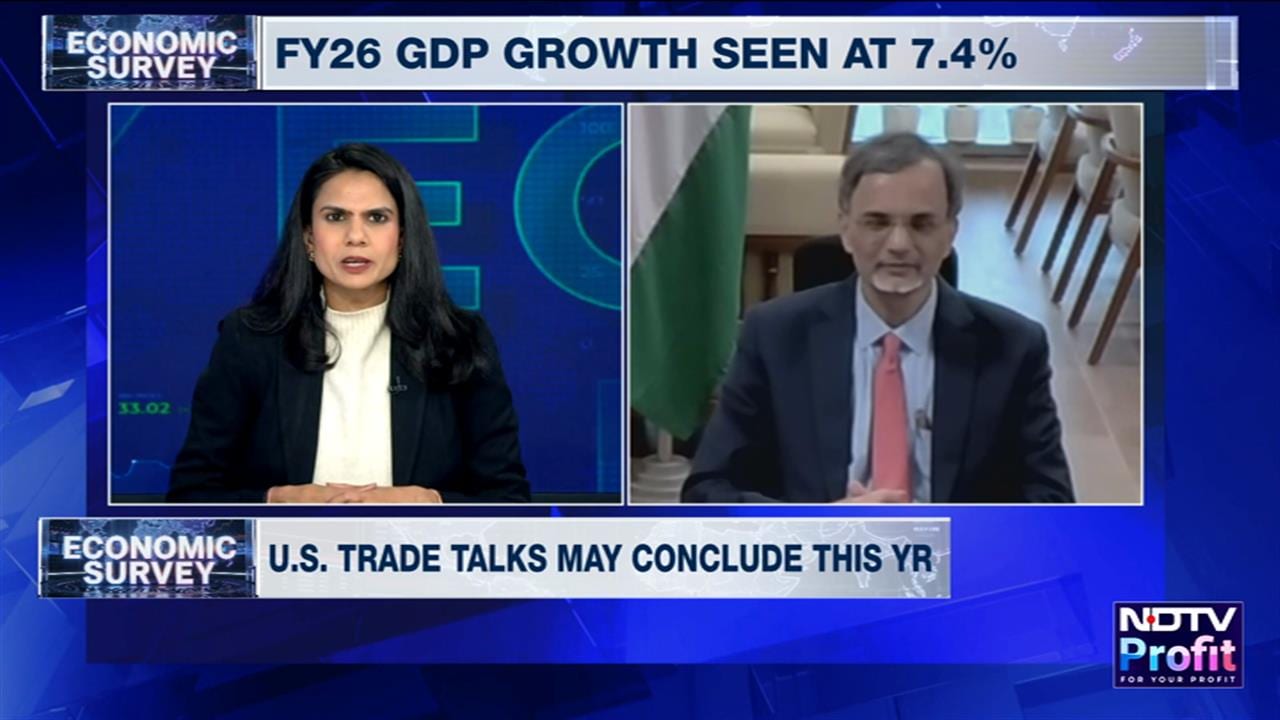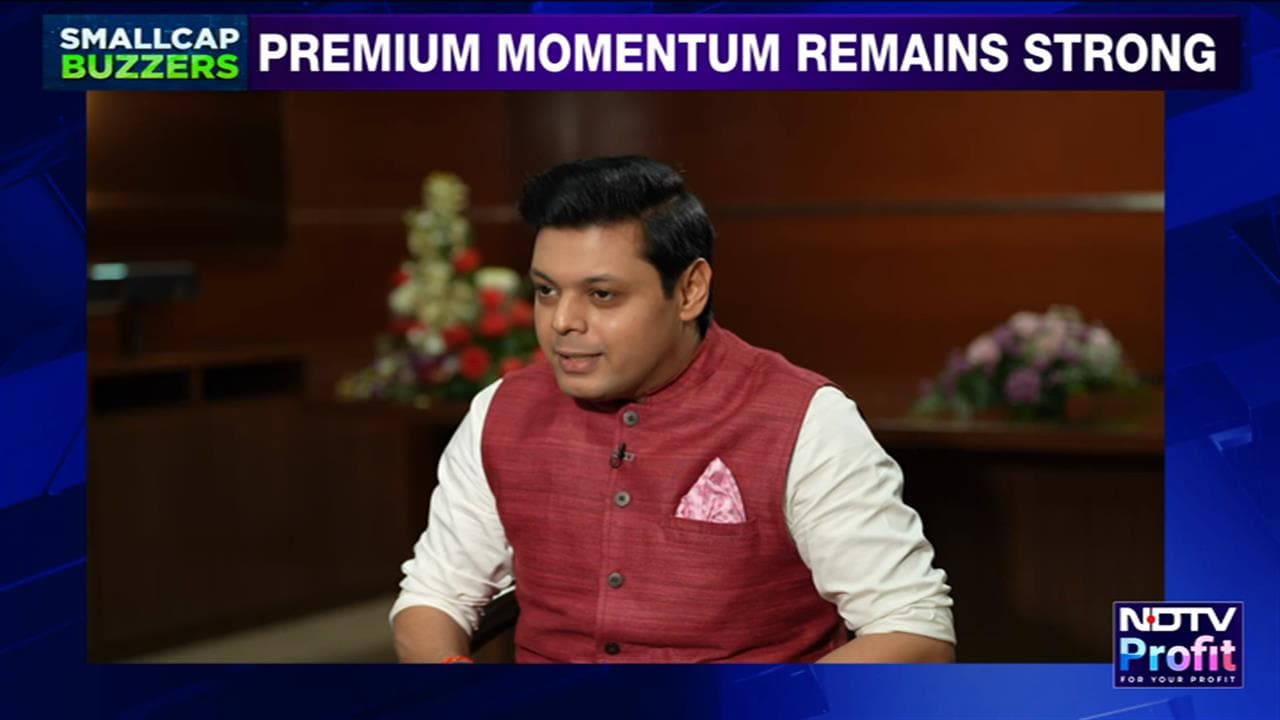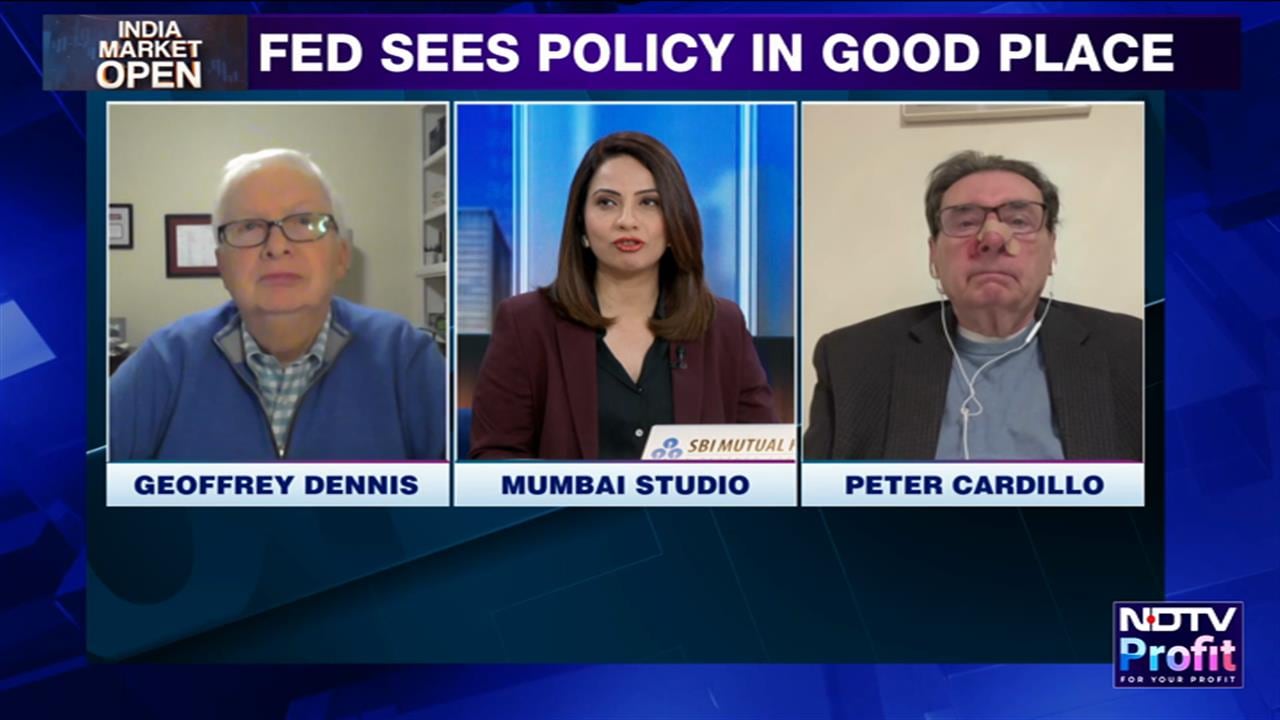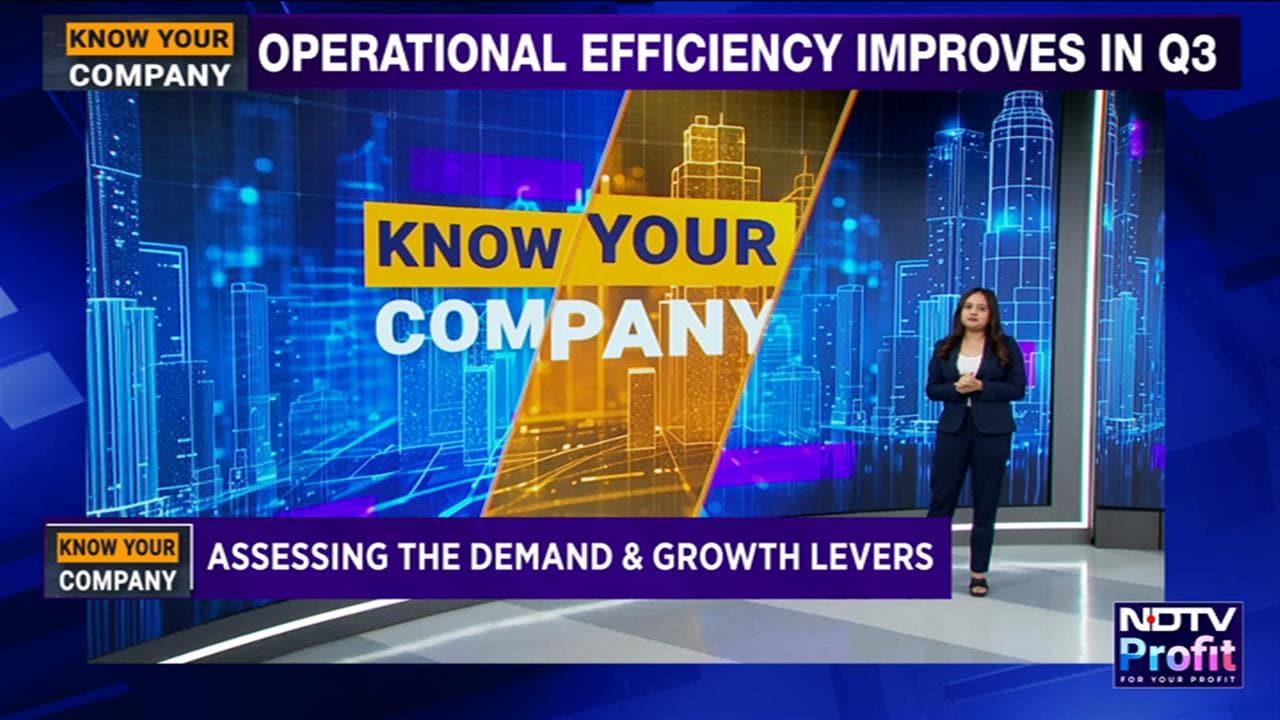
Zee Entertainment Enterprises Ltd. has taken legal action on two fronts concerning its merger with Sony Group Corp.'s Indian subsidiary.
Firstly, it approached the National Company Law Tribunal for directives to proceed with the merger.
Simultaneously, Zee Entertainment initiated arbitration against Sony Group at the Singapore International Arbitration Centre to challenge assertions of being entitled to terminate the Master Cooperation Agreement and their claim for a termination fee of $90 million.
This raises an important question: Can one party compel another to merge?
Conditions of Merger Cooperation Agreement
For the approved scheme by the NCLT to take effect, the conditions outlined in the Merger Cooperation Agreement between Zee and Sony must be met, said Birbahadur Sachar, partner at JSA Advocates & Solicitors.
Sony Pictures, now known as Culver Max Entertainment Pvt. along with Bangla Entertainment Pvt. terminated the MCA on Jan. 22, according to ZEEL's exchange filing.
They claimed that ZEEL breached the MCA terms and demanded a termination fee of $90 million.
In response, ZEEL strongly denied all allegations of breaching the MCA and refuted Culver Max and BEPL's claims, including the request for the termination fee.
Agreeing with Sachar's view, Manmeet Kaur, partner at Karanjawala & Co. said that the outcome of NCLT proceedings and whether the scheme will be enforced will depend on the terms of the agreement between Zee and Sony.
However, if the dispute is predominantly contractual, NCLT may leave it to the arbitral tribunal to decide such questions, she said.
Dual proceedings
As mentioned earlier, ZEEL has initiated separate proceedings before the NCLT bench of Mumbai and before the SIAC, for different remedies.
This may invite conflicting decisions from both forums, which may further complicate the ongoing dispute, said Amit Jajoo, partner at IndusLaw.
Final thoughts
Just because the parties had the choice to extend the merger closing date through mutual agreement after having 'good faith' discussions, it doesn't imply that Sony couldn't cancel the merger once the original closing date had passed, according to Vikrant Shetty, partner at Dhruve Liladhar & Co.
The agreement stipulated that the merger should occur within 24 months, and there was a provision for extension through mutual agreement.
Sony has asserted that it engaged in discussions with Zee to extend the timeline in good faith. However, as an agreement wasn't reached within the specified discussion period, Sony issued a notice terminating the merger.
For Zee to win in the NCLT, it needs to argue that delays in meeting the closing conditions were also caused by Sony, and it only needs a fair extension to complete the merger, Shetty said.
However, stating that mergers are not enforceable unilaterally, Rajiv Sharma, partner at Singhania & Co., said that any merger is subject to the mutual consent of the parties and cannot be enforced by one party on the other, even if the party enforcing it tries to do that at any court of law.
Essential Business Intelligence, Continuous LIVE TV, Sharp Market Insights, Practical Personal Finance Advice and Latest Stories — On NDTV Profit.












